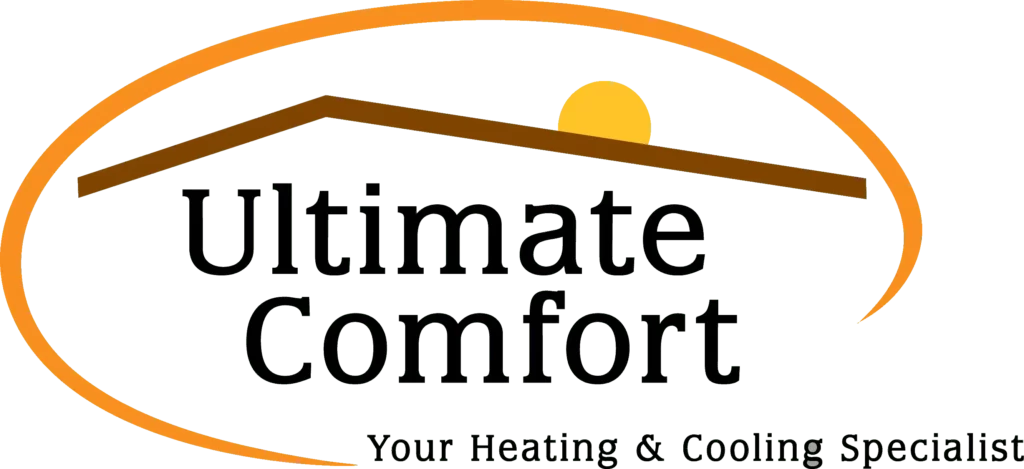Are you looking to get your heating equipment ready for the winter months ahead? You must prepare your heating system to stay functional throughout the cold season. That way, you won’t have to worry about equipment failure.
Be sure to familiarize yourself with these helpful tips to prepare your heating system for all weather conditions.
Tips to Prepare Your Heating Equipment for All Weather Conditions
1. Schedule Regular HVAC Maintenance
Scheduling regular HVAC maintenance is crucial for adequately functioning your heating equipment and its longevity. By having a qualified technician inspect and service your system at least once a year, you can prevent potential problems and ensure it operates at peak performance.
During a maintenance visit, the technician will clean and lubricate various components, such as the blower motor, fan, and heat exchanger. They will also check for any signs of wear and tear and make necessary adjustments. This thorough inspection prevents minor issues from turning into significant breakdowns, saving you from expensive repairs or even needing a complete system replacement.
By prioritizing regular maintenance, you not only extend the lifespan of your heating equipment but also ensure that it continues to perform optimally throughout the year, delivering reliable and consistent warmth when you need it the most.
2. Replace Air Filters
Air filters are an integral part of any heating system as they help to keep the indoor air clean and protect the equipment from debris buildup. Over time, air filters accumulate dust, dirt, allergens, and other particles, reducing the system’s efficiency.
Regularly checking and replacing air filters is a straightforward yet critical task for maintaining the optimal performance of your heating equipment. The frequency of filter replacement can vary depending on your living conditions, such as the presence of pets or dust-intensive activities. However, a good rule of thumb is to replace the filters every three months or as the manufacturer recommends.
Replacing air filters improves indoor air quality by trapping allergens, pet dander, and pollutants that can cause respiratory issues or worsen allergies. Additionally, clean filters promote healthy airflow, preventing strain on the system’s components and maximizing energy efficiency.
3. Weatherproofing Your Heating Equipment
Weatherproofing your heating equipment is crucial for maintaining efficiency and preventing energy waste. When the outdoors is cold, you want to keep the heated air indoors, and when it’s hot outside, you want to keep the cool air in. Proper weatherproofing helps achieve both goals.
Inspect your heating system’s ductwork for any visible gaps or leaks. These gaps allow the heated air to escape, resulting in energy loss and reduced efficiency. Seal cracks using duct tape or mastic sealant designed for HVAC applications.
Additionally, check for obstructions blocking the airflow in and around your heating equipment. Move furniture, curtains, or other objects that may interfere with the system’s intake or exhaust vents. This ensures proper airflow and improves overall system performance.
Insulating exposed pipes is another crucial step in weatherproofing your heating equipment. When exposed to freezing temperatures, pipes can burst, causing extensive damage to your system and property. Installing pipe insulation protects against freezing and helps maintain optimal heat transfer.
4. Winterizing Your Heating System
Winterizing your heating system is essential to survive the cold winter months and operate efficiently during increased demand. Taking proactive measures can minimize the risk of breakdowns and costly repairs.
Start by inspecting the insulation around your heating equipment, especially in older or poorly insulated buildings. Proper insulation prevents heat loss and keeps the warm air circulating efficiently through your space. If you notice any damaged insulation, replace it promptly to maintain optimal performance.
Next, focus on protecting your pipes from freezing. Frigid temperatures can cause lines to burst, leading to extensive water damage and potentially rendering your heating system inoperable. Insulate both hot and cold water pipes using foam insulation sleeves or wraps. Pay special attention to exposed pipes in basements, attics, or crawl spaces.
Consider installing a programmable thermostat if you don’t have one already. These thermostats allow you to set different temperature levels for specific times of the day, ensuring your heating system operates at maximum efficiency when needed and saves energy when you’re away or sleeping.
5. Maintain Clear Outdoor Spaces
If you have an outdoor HVAC unit, you must keep the surrounding area clean and clear of debris or vegetation. The outdoor unit requires proper airflow to operate efficiently, and any obstructions can hinder its performance.
Regularly inspect the outdoor unit and remove any leaves, grass, or debris that may have accumulated around it. Use a garden hose to gently wash away dirt or dust from the fins and coils of the unit. Avoid using excessive force to prevent damage.
Ensure at least two feet of clearance around the outdoor unit. This space allows for adequate airflow and makes it easier to service and maintain the equipment as needed. Trim any shrubs, plants, or trees encroaching on this clearance zone.
It is also essential to protect the outdoor unit from harsh winter conditions. Consider using a cover designed to shield the team from snow, ice, and freezing temperatures. This extra layer of protection can help extend the life of the equipment by reducing the risk of damage or corrosion.
Prepare For All Weather Conditions
Properly preparing your heating equipment for all weather conditions requires regular maintenance, replacing air filters, weatherproofing, winterizing, and maintaining clear outdoor spaces. By following these essential tips, you can ensure that your heating system operates efficiently year-round, providing warmth and comfort when you need it the most.
Please don’t overlook the importance of regular HVAC maintenance, as it not only extends the lifespan of your heating equipment but also prevents costly breakdowns and repairs. Remember to schedule annual inspections and tune-ups to keep your system in top condition.
Take action now to prepare your heating equipment for all weather conditions. Visit our website and contact our HVAC experts today for professional maintenance and ensure your heating system is ready to handle any temperature that comes its way. Don’t wait until the freezing weather hits – be proactive and enjoy a comfortable and reliable heating system all year round.


